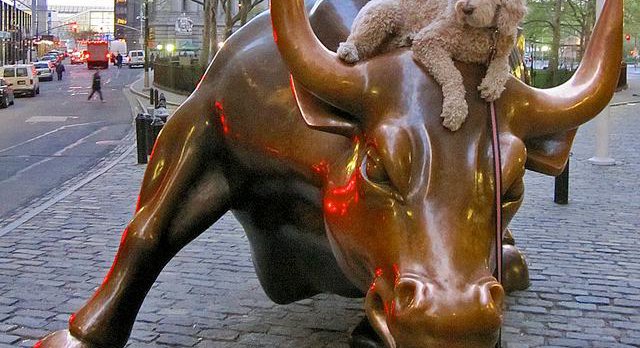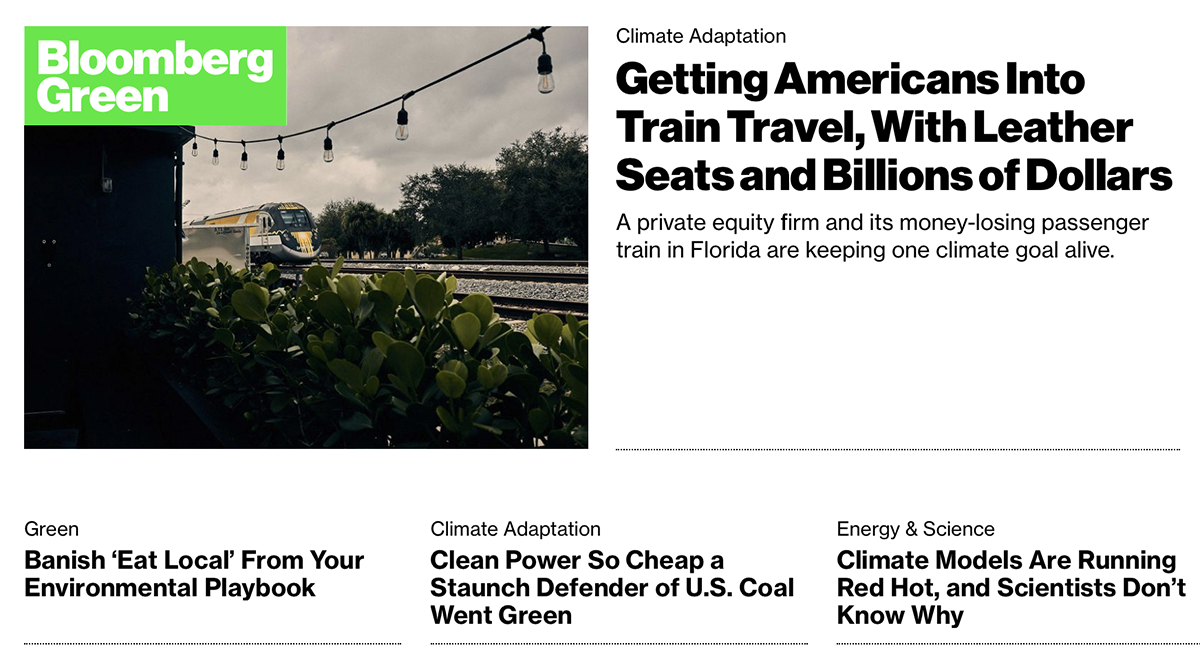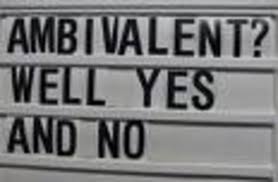Look what you can do instead of hosting The President Show:
Second, the rescue bill has quietly become an infrastructure bill. It devotes $350 billion to supporting state and local governments. These funds, initially proposed to plug COVID-19-created holes in public budgets, in many cases now exceed those holes. So the Senate has allowed states, cities, and counties to spend that money on improving services such as water, sewage, and broadband. Because many water systems are vulnerable to climate change and must be adapted, this is de facto climate funding. The bill also contains $31 billion for tribal governments and Indigenous communities, including line items for new infrastructure, housing, and language preservation.
Downtown in our quaint little burg, one of the main streets in the central business district has been a mess for about three months, with sidewalks and the street alternately under massive excavation as sewers, power and water lines are replaced and updated. It’s a huge mess on a one way street in a tiny downtown and it’s not apparent when it will be completed. But that’s how badly needed it was, likely long overdue precisely because it’s such a hassle. Some of what is being replaced was likely original – whatever that might mean in this context. There’s a reason people/governments don’t want to do this. It’s hugely disruptive and expensive. But also absolutely necessary. There are likely 10,000 places this needs doing. So fix them, get started. And robots can’t do this work, btw. More boring accomplishments, please.
And then let’s dance to this music.









